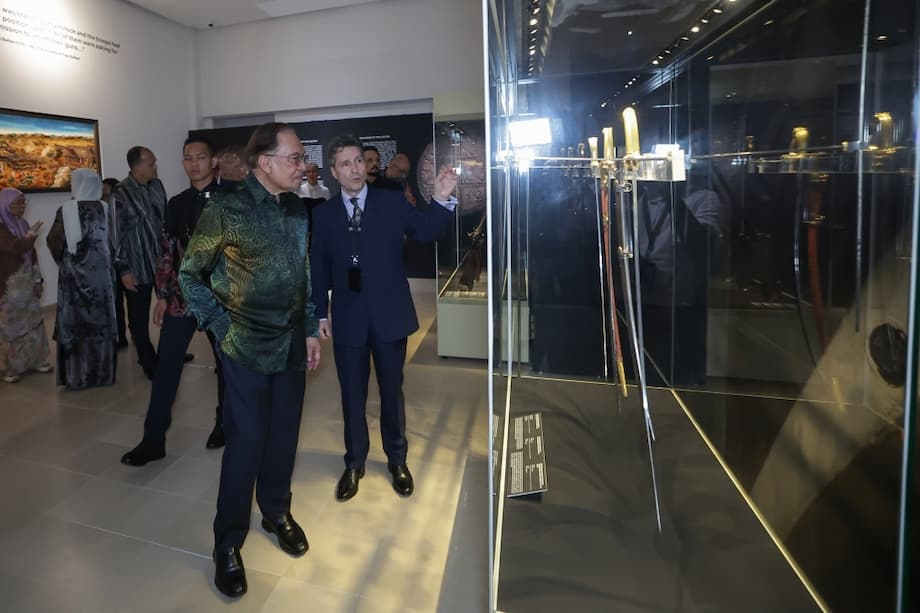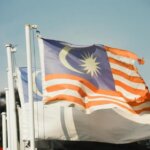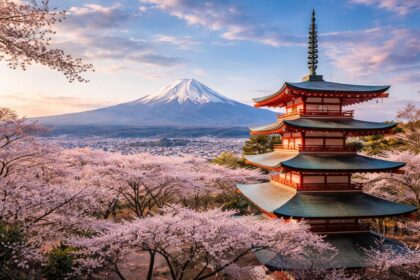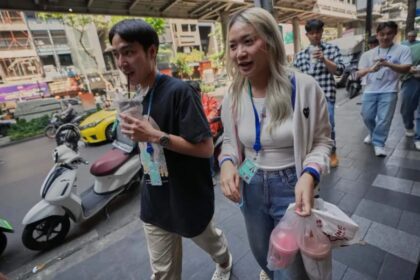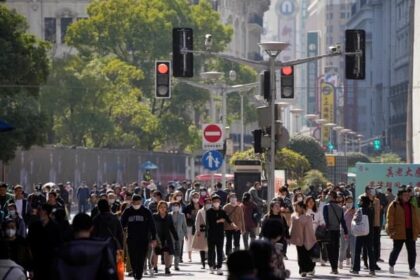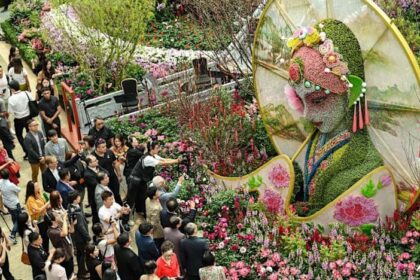Why Malaysia’s Prime Minister Wants to Rethink Colonial Narratives in Asian History
Malaysia’s Prime Minister, Datuk Seri Anwar Ibrahim, has ignited a national conversation about how history is told in Asia. At the launch of the landmark exhibition “More Than a Day as a Tiger: The Legacy of Haider Ali and Tipu Sultan of Mysore (1761-1799)” at the Islamic Arts Museum Malaysia, Anwar urged Malaysians—and by extension, all Asians—to look beyond colonial narratives and rediscover their own historical heroes. He cited Tipu Sultan of Mysore, an Indian ruler who fiercely resisted British colonial expansion, as a model of courage, innovation, and tolerance. This call to action is not just about revisiting the past, but about reclaiming agency over how history shapes national identity and future aspirations.
- Why Malaysia’s Prime Minister Wants to Rethink Colonial Narratives in Asian History
- What Are Colonial Narratives—and Why Do They Matter?
- Tipu Sultan and Haider Ali: Forgotten Heroes of Anti-Colonial Resistance
- Why Tipu Sultan’s Story Resonates in Malaysia
- How Colonial Narratives Shape Modern Identity
- Tipu Sultan’s Enduring Legacy: Innovation, Diplomacy, and Tolerance
- Broader Implications: Rethinking History Across Asia
- In Summary
What Are Colonial Narratives—and Why Do They Matter?
Colonial narratives refer to the way history has often been written from the perspective of colonial powers, especially Western empires like the British. These accounts tend to highlight the achievements and viewpoints of the colonizers, often minimizing or misrepresenting the roles of local leaders and societies. As Anwar noted, “history is often written by the winners or from the perspective of colonial rulers.” This means that the stories of resistance, innovation, and leadership by Asian figures are frequently sidelined or distorted.
Scholars such as Syed Hussein Alatas and Edward Said have long critiqued this phenomenon. Alatas called for a reconstruction of history that includes the voices and experiences of the colonized, while Said’s influential work on Orientalism exposed how Western scholarship often frames Eastern societies through a lens of exoticism and inferiority. Anwar’s remarks echo these academic calls, emphasizing that “the discipline of history, culture, and society is often dictated by Western viewpoints.”
For Malaysia and many other former colonies, this means that national histories are often told through a British or Western lens, shaping how citizens understand their own past and identity. Anwar’s intervention is a call to break this pattern and to seek a more balanced, inclusive historical narrative.
Tipu Sultan and Haider Ali: Forgotten Heroes of Anti-Colonial Resistance
Between 1761 and 1799, Haider Ali and his son Tipu Sultan ruled the kingdom of Mysore in southern India. Their reign was marked by fierce resistance against the British East India Company, which was then expanding its control over the Indian subcontinent. Tipu Sultan, in particular, became a symbol of anti-colonial struggle, famously declaring, “It is better to live as a tiger for a day than as a sheep for a hundred years.”
Despite ruling a Hindu-majority region, both Haider Ali and Tipu Sultan were Muslim leaders who worked to unite their diverse subjects. Tipu Sultan is remembered not only for his military prowess but also for his diplomatic skills, commercial vision, and commitment to religious tolerance. Anwar highlighted Tipu’s protection of Hindu temples, including the ancient temple in Mysore, as evidence of his inclusive leadership.
Tipu Sultan’s mastery of military technology was legendary. The Mysore Sultanate’s cannons, firearms, and especially its rocket technology were so advanced that the British later copied them for their own armies. The British were repeatedly surprised by the quality and innovation of Mysore’s weaponry during the four Anglo-Mysore wars. After Tipu’s defeat and death in 1799, the British plundered Mysore’s treasures, including Tipu’s throne, which was dismantled for its gold and jewels. Yet, his legacy as a “Tiger of Mysore” endures, symbolized by tiger motifs on his weapons and uniforms.
The Exhibition: Reclaiming and Reviving a Lost Legacy
The “More Than a Day as a Tiger” exhibition at the Islamic Arts Museum Malaysia is the largest ever mounted on Haider Ali and Tipu Sultan outside India and the UK. Featuring nearly 100 artefacts—including swords, guns, cannons, manuscripts, textiles, and artworks—the exhibition offers a rare glimpse into the lives and achievements of these rulers. Many of the items on display were acquired over two decades and some were once thought lost to history.
Lucien de Guise, the museum’s head of curatorial affairs, described the exhibition as an effort to “reclaim history.” He explained, “These two people ruled more than 200 years ago but are largely completely forgotten, except in southern and northern India. The important thing is that we’re trying to revive their reputation here.”
Visitors can see Tipu Sultan’s finest sword, which he reportedly kept by his side as he slept, as well as his most innovative firearms. The exhibition also includes a gem-encrusted gold finial from Tipu’s throne—one of the few pieces to survive British looting. Uniquely, there are no official portraits of Tipu Sultan; instead, his persona as the “Tiger of Mysore” is evoked through tiger stripes and motifs on his regalia.
Why Tipu Sultan’s Story Resonates in Malaysia
For many Malaysians, Tipu Sultan and Haider Ali are little-known figures. Anwar acknowledged this gap in public knowledge, noting that “Malaysians have historically had limited knowledge of Tipu Sultan and Haider Ali’s legacy.” The exhibition, he said, is an opportunity to enhance understanding of these historical figures and to draw lessons from their resistance to colonial domination.
Tipu Sultan’s story resonates in Malaysia for several reasons:
- Malaysia, like Mysore, experienced British colonial rule and its attendant distortions of local history.
- The struggle for independence and the assertion of national identity are central themes in both countries’ histories.
- Tipu’s commitment to religious tolerance and multicultural diplomacy mirrors Malaysia’s own diverse society.
- The emphasis on technological innovation and economic vision aligns with Malaysia’s aspirations for development and self-reliance.
By spotlighting Tipu Sultan, Anwar is encouraging Malaysians to seek inspiration from a broader range of historical models, not just those sanctioned by colonial accounts.
How Colonial Narratives Shape Modern Identity
The way history is told has profound effects on national identity, collective memory, and even policy. When colonial narratives dominate, they can foster a sense of inferiority or dependency, obscuring the achievements and agency of local societies. This can affect everything from education curricula to cultural pride and international relations.
As Anwar and scholars like Syed Hussein Alatas have argued, reconstructing history to include local perspectives is not about erasing the past, but about enriching it. It allows societies to recognize their own contributions to world history and to draw lessons that are relevant for contemporary challenges. For Malaysia, this means acknowledging the complexity of its own past—including the roles of indigenous leaders, resistance movements, and multicultural interactions—rather than viewing history solely through the lens of colonial administration.
Academic Perspectives: Orientalism and the Politics of History
Edward Said’s concept of Orientalism is central to understanding why colonial narratives persist. Orientalism refers to the way Western scholars and writers have historically depicted Eastern societies as exotic, backward, or inferior. This framing justified colonial domination and continues to influence how history, culture, and society are studied and represented.
By referencing Said, Anwar is situating his call within a broader intellectual movement that seeks to decolonize knowledge. This involves not only revisiting historical events but also challenging the frameworks through which they are interpreted. It is a call for intellectual independence as much as for political or cultural autonomy.
Tipu Sultan’s Enduring Legacy: Innovation, Diplomacy, and Tolerance
Tipu Sultan’s legacy extends far beyond his military campaigns. He was a scholar who assembled an extensive library, wrote a manual on warfare, and even recorded and analyzed his dreams. He reformed Mysore’s coinage and calendar, demonstrating a commitment to modernization and good governance. His diplomatic efforts included uniting Muslim and Hindu sultanates and seeking French support against the British—a testament to his international outlook.
Perhaps most importantly, Tipu Sultan’s reign is remembered for its emphasis on religious tolerance and multiculturalism. Despite being a Muslim ruler in a Hindu-majority region, he protected temples and promoted harmony among his subjects. This aspect of his leadership is particularly relevant in today’s multicultural societies, where the challenge of balancing diversity and unity remains pressing.
Exhibition as Education: Workshops and Community Engagement
The Islamic Arts Museum Malaysia is not only displaying artefacts but also organizing workshops and sharing sessions throughout the exhibition period. An illustrated catalogue is available for those who wish to delve deeper into the history of Mysore’s rulers. The exhibition is open until January 11, 2026, with affordable entrance fees to encourage broad public participation.
Such initiatives are crucial for making history accessible and engaging, especially for younger generations. By bringing to life the stories of figures like Tipu Sultan and Haider Ali, the museum is helping to foster a more nuanced and inclusive understanding of the past.
Broader Implications: Rethinking History Across Asia
Anwar’s call to reassess colonial narratives is part of a wider movement across Asia and the Global South. As countries seek to assert their place in the world, there is growing recognition of the need to reclaim historical agency. This involves not only revisiting the stories of resistance and innovation but also challenging the intellectual frameworks that have long shaped global perceptions.
In the context of ASEAN and regional diplomacy, as highlighted by Anwar’s discussions with leaders from the Philippines, Thailand, and Cambodia, the ability to draw on shared histories of resistance and cooperation can strengthen regional identity and solidarity. Understanding the past from multiple perspectives is essential for building a more just and inclusive future.
In Summary
- Prime Minister Anwar Ibrahim has called for a reassessment of Asian history to move beyond colonial narratives, using Tipu Sultan of Mysore as a key example.
- Colonial narratives often marginalize the achievements and perspectives of local leaders, shaping national identity and collective memory.
- Tipu Sultan and his father Haider Ali were notable for their resistance to British colonial expansion, military innovation, and commitment to religious tolerance.
- The Islamic Arts Museum Malaysia’s exhibition “More Than a Day as a Tiger” showcases nearly 100 artefacts from the Mysore dynasty, aiming to revive their legacy.
- Anwar’s call aligns with academic critiques of Orientalism and the need to decolonize knowledge and history.
- Reclaiming local historical narratives is crucial for fostering national pride, multicultural understanding, and regional solidarity in Asia.


